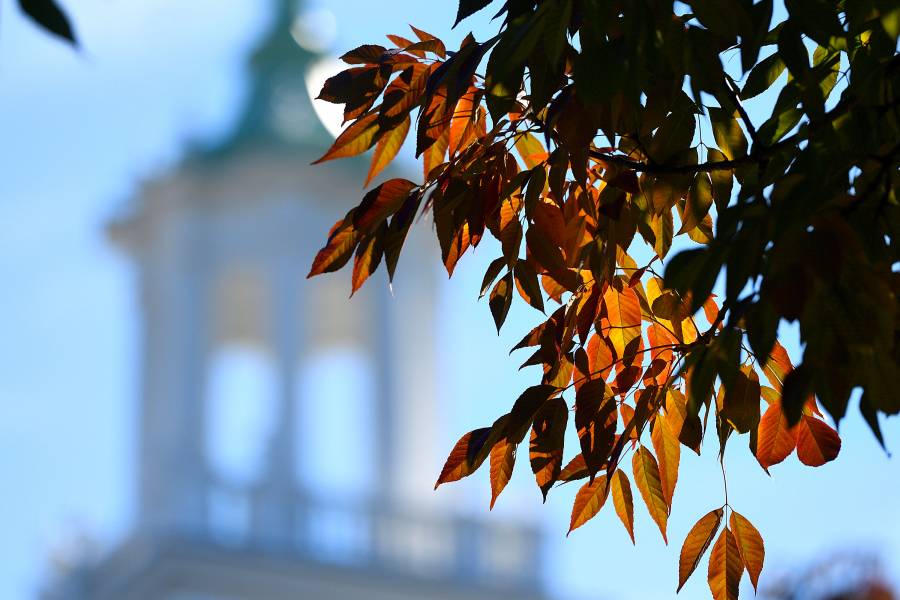Johns Hopkins University announced plans today for an expanded return to campus for the spring 2021 semester, a significant step in advancing the university's academic, research, and clinical missions during the COVID-19 pandemic.
In a message to the Hopkins community today, university leaders shared plans for limited on-campus in-person academic and residential activity for the semester, which begins Jan. 25. The plans adhere to current public health guidelines, including frequent testing for those living or working on campus, continued density limitations, and the caveat that plans could change. The university will make a final determination in January, if not sooner, about whether the plans announced today can be carried out safely, based on local and national public health conditions.
In their message, JHU President Ronald J. Daniels, Provost and Senior Vice President for Academic Affairs Sunil Kumar, and Interim Senior Vice President for Finance and Administration Mary Miller wrote that the current spring plans were informed by public health experts at Johns Hopkins as well as the successes of peer institutions that were able to return to campus this fall—best practices that will continue to shape the university's decisions to serve the unique needs of Johns Hopkins and Baltimore.
"The fall semester has been an extraordinarily strong and productive one despite the odds," they wrote. "We have all of you to thank for making it so, and we will be counting on your commitment to one another and to those we live, learn, and work alongside in Baltimore as we look forward to a safe and successful return to campus this spring."
A big part of a safe return to campus will be frequent, mandatory testing for COVID-19: Undergraduate students who are in Baltimore, whether they are living on campus or off, will be required to take twice-weekly tests using saliva samples collected at several locations across the Homewood campus. Testing will also be available for all faculty, staff, and graduate students, and required weekly for many, including those who are participating in or directly supporting in-person, on-campus classes (with exceptions for clinically-based instruction) or who are regularly exposed to undergraduates.
Courses will be held both in-person, in classrooms ensuring at least 6 feet between students and instructors, and remotely. Undergraduate students will be permitted, but not required, to return to campus for classes and research activities. Students who cannot, or choose not to, return to campus will have the option to continue their academic progress virtually. Each graduate division will determine its own planned on-campus activities. Faculty will continue to have the option to teach remotely, including at the instructional studios that have been constructed at various locations on campus.
Although the start date for the semester has not changed, the week-long spring break from March 22 to 26 will be replaced with five break days throughout the semester. More calendar and registration details will be forthcoming from each school next week.
A separate message sent by Vice Provost for Student Affairs Alanna Shanahan to undergraduates commended those living in Baltimore this fall for their dedication to the student compact—which will be expanded universitywide for faculty and staff in time for the spring semester—and for adhering to the JHNeedsU safety measures, such as face covering, physical distancing, limits on gatherings, hand washing, and symptom monitoring. A small number of JHU students have lived in residence halls this semester, and approximately 2,000 are living off-campus in Baltimore, yet fewer than 40 undergraduates and graduate students are known to have tested positive for COVID-19 since the beginning of the semester, Shanahan said.
"These last several months have been an incredibly stressful time for all of us, but your dedication to your studies and to each other is a constant reminder of what is so special about the Johns Hopkins community," Shanahan said. "As we welcome more students back to Baltimore, your efforts will become all the more crucial. Our ability to stay together in-person throughout the spring semester depends on us all to do our part."
Posted in University News
Tagged university news, coronavirus, covid-19








